Well … maybe eventually. The decision in question did not come from today’s 6-3 ruling in SFFA v Harvard that overturned affirmative action. Nor did it come from 303 Creative v Elenis, in which a Christian website designer balked at designing sites for same-sex weddings. That decision will come tomorrow, and NBC News speculated yesterday that Neil Gorsuch may write the controlling opinion:
Neil Gorsuch may be the author of 303 Creative v. Elenis, the case about a Christian woman who doesn’t want to make wedding websites for same-sex couples (though no one asked her to do so).
We can make this prediction because the court hears arguments during two-week sessions from October through April, each session producing roughly nine opinions that are generally split among the justices. After Moore v. Harper on Tuesday, in which Chief Justice John Roberts wrote for the majority rejecting the extreme “independent state legislature” elections theory, there’s just one case left from the December sitting, and Gorsuch is the only justice who hasn’t written from that sitting.
The Donald Trump appointee is a good bet, then, for writing 303 Creative, and it’s likewise a good bet that it will be a ruling in favor of that designer, Lorie Smith. Why? As Chris Geidner previously wrote for MSNBC, Gorsuch’s aggressive line of questioning during the December argument favored Smith’s position, which, along with other Republican appointees appearing sympathetic to her case, leads to the “foregone conclusion” that a majority will rule for her.
Hey, it’s fun to read tea leaves! If Gorsuch is indeed writing the majority opinion on 303 Creative, we can probably expect less of the incremental, narrow approach to religious expression that the Supreme Court has taken ever since Obergefell. And that may well be because the court has grown tired of the provocations and lawfare conducted by activists against (mainly) Christian business owners who don’t want to be forced to create speech that they oppose for religious purposes. In fact, one has to wonder whether Gorsuch — the most small-L libertarian of the justices — might not want to address the broader speech implications of public-access law and regulation, which could be just as much of a bombshell as SFFA v Harvard will prove to be.
But that’s going from tea leaves to goat entrails, at least for the moment. What about today’s ruling, which some hail as another blow for religious expression? Christianity Today called the unanimous ruling in Groff v USPS a “victory for religious liberty,” quoting Gerald Groff’s attorneys at First Liberty:
In a decision issued Thursday, the Supreme Court ruled unanimously in favor of the Pennsylvania postal worker who lost his job for refusing to take Sunday delivery shifts due to his observance of the Sabbath.
The court’s opinion, written by justice Samuel Alito, held that accommodating Gerald Groff’s religious observances did not provide an “undue burden” on postal operations, which expanded to Sundays for Amazon delivery.
“An employer who fails to provide an accommodation has a defense only if the hardship is ‘undue,’ and a hardship that is attributable to employee animosity to a particular religion, to religion in general, or to the very notion of accommodating religious practice cannot be considered ‘undue,’” the court stated. “Faced with an accommodation request like Groff’s, it would not be enough for an employer to conclude that forcing other employees to work overtime would constitute an undue hardship.”
So Groff can take Sundays off now? Er … not quite. Today’s unanimous decision does not resolve the case, at least not for now. It corrects a lower-court interpretation of Title VII and an earlier precedent (Hardison) about the nature and definition of “undue hardship.” Alito’s ruling makes clear that an undue hardship would have to be substantial rather than “de minimis,” but it does not resolve whether Groff’s demand for accommodation meets the threshold by which the USPS can deny it.
Alito’s conclusion makes it clear that the court has to rehear the dispute with the correct definition and standard in mind for the “undue hardship” test:
Having clarified the Title VII undue-hardship standard, we think it appropriate to leave the context-specific application of that clarified standard to the lower courts in the first instance. The Third Circuit assumed that Hardison prescribed a “more than a de minimis cost” test, 35 F. 4th, at 175, and this may have led the court to dismiss a number of possible accommodations, including those involving the cost of incentive pay, or the administrative costs of coordination with other nearby stations with a broader set of employees. Without foreclosing the possibility that USPS will prevail, we think it appropriate to leave it to the lower courts to apply our clarified context-specific standard, and to decide whether any further factual development is needed.
Emphasis mine. Groff and his attorneys won an important point in this case, but they didn’t win the case itself — again, at least not yet. The Supreme Court’s decision in Groff also doesn’t relate to “religious liberty,” at least not directly. It acknowledges that Title VII protects it for workers (up to the point of “undue hardship”) and cites Hardison affirmatively, but the Title VII language wasn’t at issue here. (The limited scope of this decision is almost certainly why it was unanimous, too. Sonia Sotomayor’s concurrence is laser-focused on this narrow point.)
The new definition definitely makes it more difficult for the USPS to prevail on its denial of accommodation for Groff, but it doesn’t ‘foreclos[e]’ it entirely either. Both sides will have to go back to district court to fight over the nature of the potential accommodations and whether the USPS should be forced to adopt one or more of them. That’s a lot better than a punt for the plaintiff, but it’s not an outright W for him or for religious liberty. Yet.
By the way, the district court should recognize that the Amazon/USPS contract fundamentally changed the work environment for people like Groff. That should require even more accommodation in Title VII than otherwise. But again, that’s an argument that Groff and his attorneys will still have to make at trial. At least the case has a better chance of success now.
The real stakes for religious liberty are in 303 Creative. Stay tuned for that bombshell when it drops. Dare we raise our hopes?
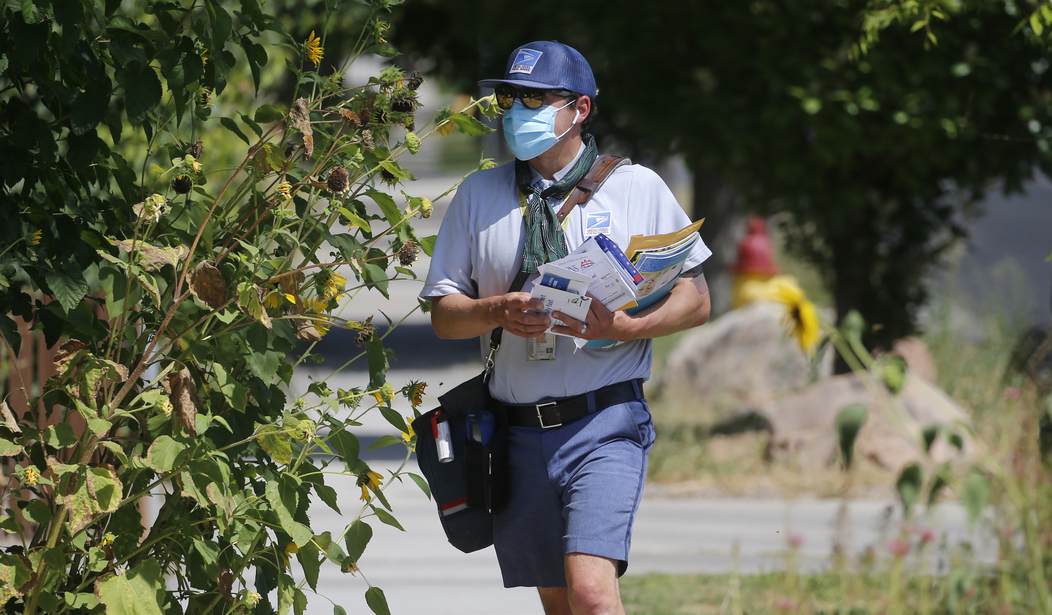
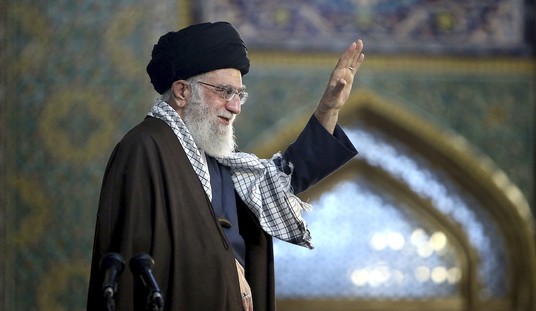
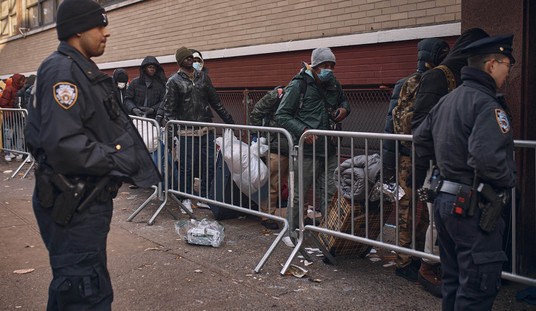

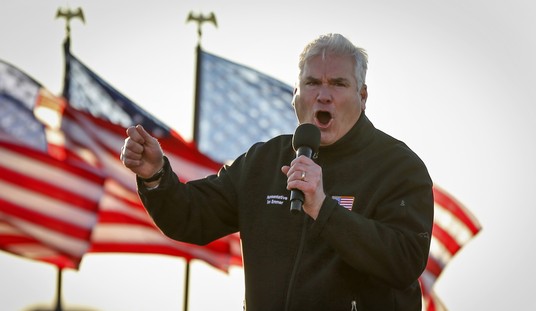
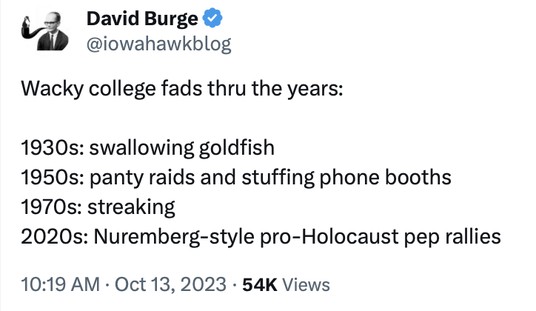
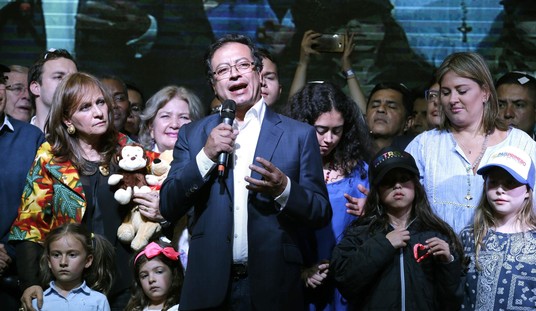
Join the conversation as a VIP Member